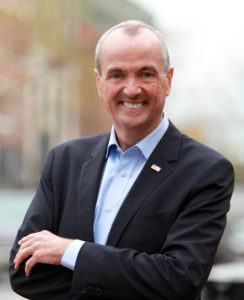That’s Rep. Chris Smith’s (R-4th) overwrought reaction to new data from the Centers for Disease Control that shows one out of 45 kids in NJ have been diagnosed with autism spectrum disorders (ASD). That’s the highest rate of autism in the nation. See NJ Spotlight for details.
According to the CDC report, which drills down autism diagnoses in 11 sites throughout the country, the overall prevalence of autism spectrum disorders among eight-year-old children was 14.7 per 1,000, or one in 68. There are meaningful racial/ethnic/socio-economic disparities: Alabama, for example, with a low socio-economic profile, has the lowest rate of autism among studied sites, 5.7 per 1,000 children compared to NJ’s 21.9 per one thousand children.
From the CDC:
White children were approximately 30% more likely to be identified with ASD than black children and were almost 50% more likely to be identified with ASD than Hispanic children. When stratified by site, the white-to-black prevalence ratios were significant in five sites, and the white-to-Hispanic ratios were significant in eight sites. Black children were approximately 10% more likely to be identified with ASD than Hispanic children. The black-to-Hispanic prevalence ratio was significant in four sites as well as when combining data from all 11 sites; however, four sites reported a slightly higher prevalence among Hispanic children than black children; therefore, the black-to-Hispanic prevalence ratio did not maintain the same direction among all sites.
It’s nothing in the water. The vaccination theory has been totally debunked. So is Rep. Smith right to call it a pandemic? Not really. Spotlight notes that “the state’s relative affluence and high education levels mean parents have access to, can afford, and seek out a diagnosis and help for children exhibiting signs of autism.” Also, says Walter Zahorodny of Rutgers New Jersey Medical School, affluent people tend to have children later in life and there’s a correlation between parent (mother or father) age and increased susceptibility to autism. Parents with ample resources know that a diagnosis of autism assures a plethora of services. (See here for more.)
To some people, autism is practically chic, no longer a dreaded diagnosis but a romanticized meme glorified in innumerable memoirs and blogs and media. (I’m allowed to say this because I have a son with an autism spectrum disorder. We all love him to pieces but, trust me, there’s nothing romantic about his disorder.)


